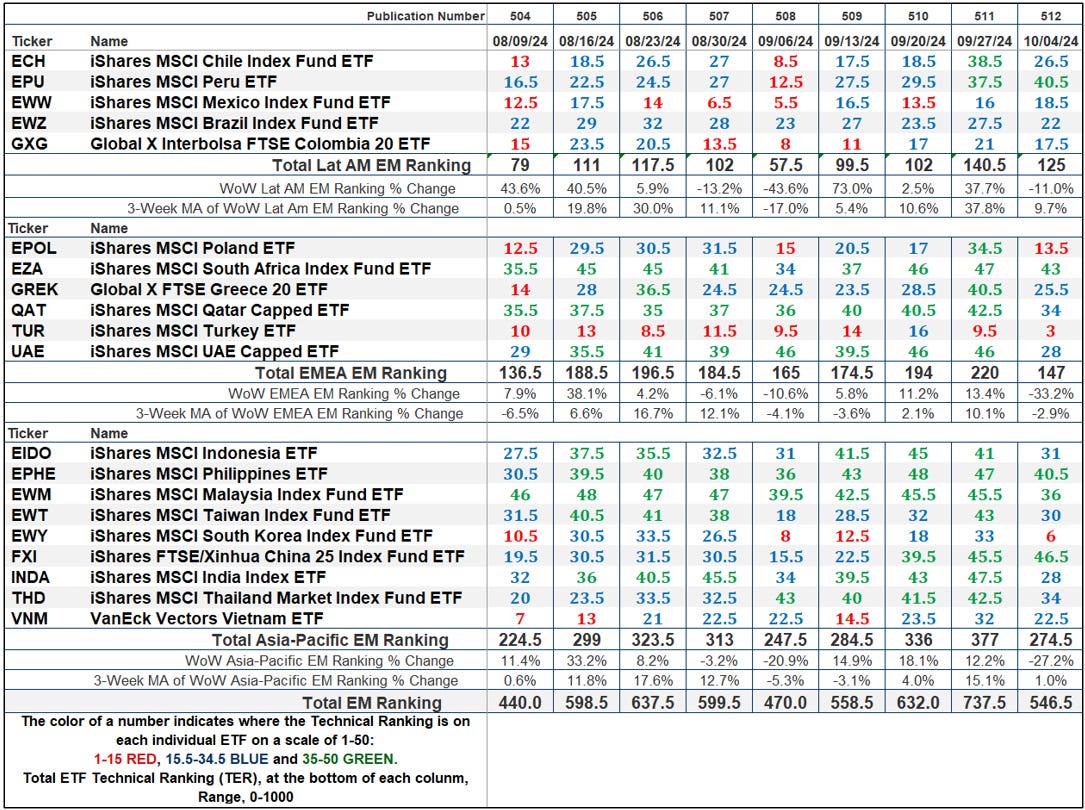Lawyers representing 23andMe customers whose personal details were breached in a damaging hack on the genetics testing company made an unusual request in September.
They pushed for a cut-price $30mn settlement as the “dire financial condition” of the once high-flying start-up could otherwise leave claimants without any compensation at all, according to court documents seen by the Financial Times.
That request epitomises the fall of a company that transformed its chief executive and founder Anne Wojcicki, ex-wife of Google founder Sergey Brin, into a paper billionaire when it floated three years ago.
Since then, 23andMe, which had pledged to revolutionise healthcare using its mail-in “spit kits”, has seen its market capitalisation plunge from a peak of $5.8bn to less than $150mn.
The company continues to be buffeted by mass lay-offs, rows with investors, doubts over its business model and growing concern over who owns its genetics data.

Wojcicki has blamed 23andMe’s struggles on a broader downturn across the biotechnology industry. But several people who spoke to the FT, including investors and current and former employees, point to a series of strategic mis-steps that have precipitated a corporate crisis that threatens its future.
“I’m certainly not alone in feeling like there’s tremendous value — not just monetary value, but also truly disruptive value that can transform healthcare for people — in what Anne has built,” said a former senior staffer. “I think that’s why everyone finds it so heartbreaking right now to see things sort of spinning out of control.”
The company’s flagship saliva test — used by celebrities from Snoop Dogg to Oprah Winfrey — offers customers a snapshot into their genealogical history as well as personalised healthcare insights. Wojcicki has told the FT she used her product to discover she had a cousin she previously did not know.
23andMe has not yet succeeded in turning its data set into a sustainable business. The company, which cut about 25 per cent of its staff last year, has never reported a profit.

In response, Wojcicki has sought to take 23andMe private. She has offered to pay just 40 cents a share — a fraction of the $10-a-share IPO price.
That move helped trigger the resignation of the company’s entire board last month. They complained Wojcicki had been unable to make a “fully financed proposal” and that her “concentrated voting power” left them with few other options.
Wojcicki has pushed ahead, pitching numerous venture capitalists on a deal that would redefine 23andMe as a healthcare subscription business and a provider of genetic data, according to people familiar with the discussions.
She has also told investors that 23andMe will no longer pursue its cost-intensive drug development programmes, and instead focus on marketing its database to pharmaceutical companies and researchers.
On Friday, 23andMe announced a reverse stock split, in effect aiming to boost its share price by reducing the number of shares owned by investors, in a move often seen as a sign of a company in distress. The effort is an attempt to prevent its penny-stock shares from being delisted next month.

Customers have also expressed concerns following last year’s data breach, which exposed the personal details of almost 7mn customers.
While DNA records were not accessed, hackers on the dark web offered to sell data reportedly relating to a million users with Ashkenazi Jewish DNA and more than 300,000 with Chinese DNA, according to the court documents filed in a California district court last month.
This has led to questions about what happens to the data of the 15mn people whose saliva samples 23andMe has analysed since its founding in 2006, should it collapse or be sold.
23andMe said it would maintain its data privacy policies — including its commitment to not sharing customer data with third parties without customers’ consent — in the event of a buyout or sale: “We are committed to protecting customer data and are consistently focused on maintaining the privacy of our customers. That will not change.”

23andMe, named because of the number of chromosome pairs in human DNA, raised more than $1.1bn before its hotly awaited IPO in 2021, including two of the three largest VC funding rounds of any genetics-testing company in history, according to PitchBook.
The service has allowed the company to create a trove of data it calls “the largest genotype-phenotype database available anywhere in the world”.
Three people close to the group said that it had waited too long to pivot from its consumer-testing business, which was historically based largely on one-off sales, into cashing in on its valuable healthcare information.
“I think the frustration that people had is: Why is [Wojcicki] still spending so much money on the consumer side?,” said one former senior employee. “They should have plenty of data now. They need to focus on that last mile.”
Wojcicki has struck deals with pharmaceutical companies, including a five-year exclusive data-sharing agreement in 2018 with UK drugmaker GSK.
Last year, GSK paid $20mn to extend the partnership for 12 months on a non-exclusive basis. No other data-sharing deals have since been announced.
A person close to the company’s leadership said it would not pursue further exclusive deals, and instead plans to focus on marketing its database to a range of pharmaceutical groups.
23andMe has also given up on its own cash-burning drug research, winding down its internal drug development team, and is seeking partners to continue testing the two drug candidates it brought to early-stage human trials.
Three people familiar with the company argued its existing data may have limited utility for drug development because it largely consists of “short-read” genotyping — a common form of analysing genetic data but less detailed than whole-genome sequencing.
As costs for the once-prohibitively expensive process of sequencing an entire human genome have tumbled, specialist rivals have in recent years begun to establish more detailed — albeit far smaller — data sets than 23andMe.
23andMe said that this was a “misunderstanding of our capabilities”, adding: “The primary driver of success in genetics studies is scale, and we have the largest genotype-phenotype database available anywhere in the world. This enables us to identify associations that cannot be seen in other data sources, regardless of whether sequencing has been employed or not.”
The company’s healthcare subscription business has also grown slower than expected. 23andMe projected in 2021 that it would have 2.9mn paid subscribers by the end of March 2024. Instead, it reported just 562,000, down from 640,000 in 2023.
Steven Mah, an analyst at TD Cowen, said in July that “a potential business split” could be the best outcome for the business. He said biotechnology investors were unlikely to fund a direct-to-consumer platform, while mainstream investors were put off by the high cash-burn rate associated with developing drugs.
One VC investor said that Wojcicki may ultimately have to draw on her personal wealth to shoulder a buyout. The person said: “I suspect Anne knows exactly how the clock is ticking.”








.png?width=1200&name=MicrosoftTeams-image%20(12).png&w=696&resize=696,0&ssl=1)
.png?width=1200&name=MicrosoftTeams-image%20(12).png) Many of our current customers that have elected to implement blanket insurance to mitigate the risk of uninsured or under-insured collateralized loans did so from some type of insurance tracking program. Some were tracking internally, and some were outsourcing the function to a third party. Two questions they all had in common as they considered moving to a blanket program were, “How do we make this switch?” and “What kind of work will be involved on our end?”
Many of our current customers that have elected to implement blanket insurance to mitigate the risk of uninsured or under-insured collateralized loans did so from some type of insurance tracking program. Some were tracking internally, and some were outsourcing the function to a third party. Two questions they all had in common as they considered moving to a blanket program were, “How do we make this switch?” and “What kind of work will be involved on our end?”










